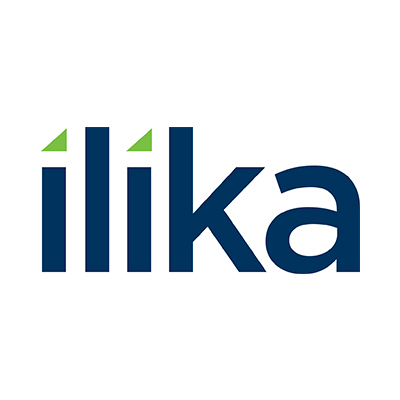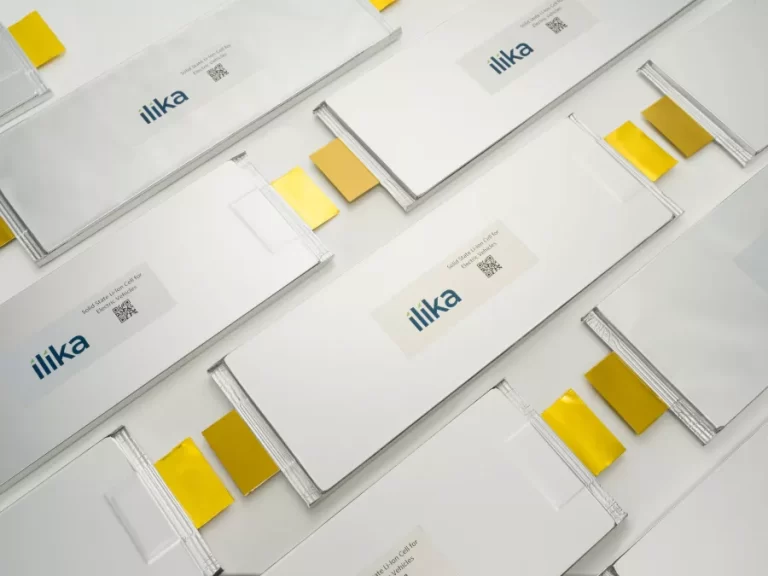Something curious is taking shape in the energy storage landscape. Beneath the surface of booming EV narratives and headline-grabbing lithium projects, a more subtle shift is playing out. It’s not about market share or gigafactory capacity. It’s about material science, technical timelines, and the firms choosing to position themselves on the right side of those curves. Among them, Ilika Plc is navigating a course that looks increasingly prescient.
For years, the lithium-ion battery has underpinned everything from smartphones to Teslas. Its limitations are well known: safety concerns, energy density ceilings, and the structural complexity of liquid electrolytes. Solid-state batteries, on the other hand, offer a simplified structure with a solid electrolyte that removes flammability risks while enabling far greater energy density and operational life. Yet despite years of discussion, commercial deployment remains elusive. It’s here that Ilika’s story becomes particularly relevant.
Unlike some early movers that chased scale before securing technical proof points, Ilika took a slower, more modular route. Its strategy emphasised miniaturisation first, developing micro solid-state batteries for industrial and medical applications. This early focus wasn’t just cautious; it was deliberate. Smaller formats allowed Ilika to iterate quickly, prove reliability, and build IP defensibility without the weight of full-scale production risk. It also meant partnerships could form where reliability, not just capacity, was the driving need.
Now, with growing consensus around the structural necessity of solid-state for next-gen EV platforms, Ilika’s decision to scale up with its Goliath programme looks increasingly well-timed. It avoided the trap of overpromising timelines while staying within striking distance of relevance. The pivot from miniature to automotive-scale batteries is not trivial, but it’s one made more manageable by the cumulative depth of process knowledge gained from earlier iterations. In effect, Ilika has laid a technical foundation that many pure-scale players are only now attempting to retrofit.
Market interest in solid-state remains high, but investor impatience has burned more than one hopeful along the way. That’s what makes Ilika’s measured trajectory compelling. It isn’t just about when solid-state will become mainstream, but about who will be positioned with real IP and manufacturability when it does. Ilika’s ties with the UK Battery Industrialisation Centre provide added context here—a bridge between laboratory results and production-line realities. It’s a subtle but critical advantage, especially as automakers begin placing strategic bets further down the supply chain.
The wider opportunity landscape also plays in Ilika’s favour. Regulatory moves in Europe and Asia are pressing for higher safety and recyclability standards. Solid-state answers both. The emerging pressure on traditional lithium-ion producers is less about incremental performance and more about step-change outcomes. It shifts the question from how much more energy can be packed into a cell to how fundamentally safer and longer-lasting the chemistry can be. Ilika’s roadmap, in this light, aligns well with the broader momentum.
Investors evaluating Ilika must understand this isn’t a volume play, yet. It’s about optionality, positioning, and the technical distance already travelled. That matters when timelines shift and dominant narratives get re-evaluated. In sectors driven by breakthrough expectations, those with discipline and specificity in execution often outlast the noise. Ilika appears to be one of them.
Ilika plc (LON:IKA) is a pioneer in solid state battery technology enabling solutions for applications in Industrial IoT, MedTech, Electric Vehicles and Consumer Electronics.







































